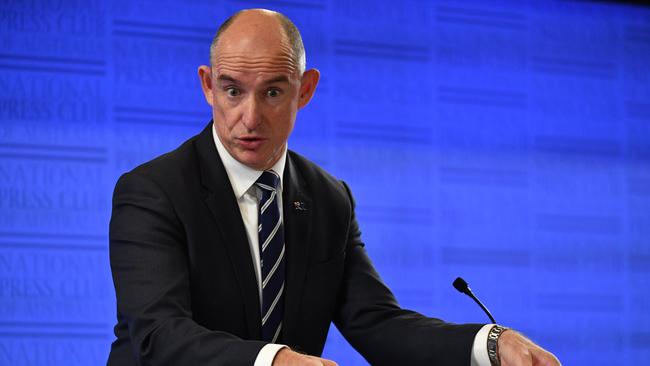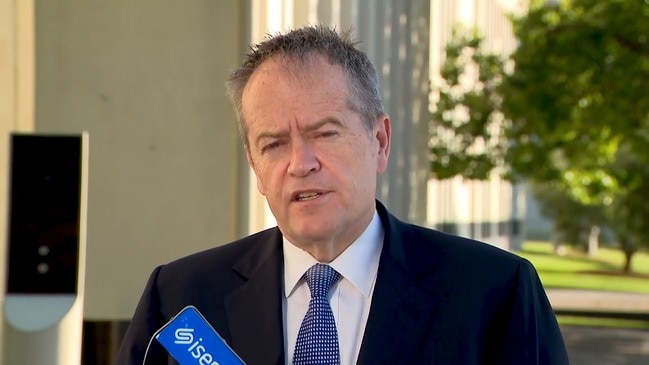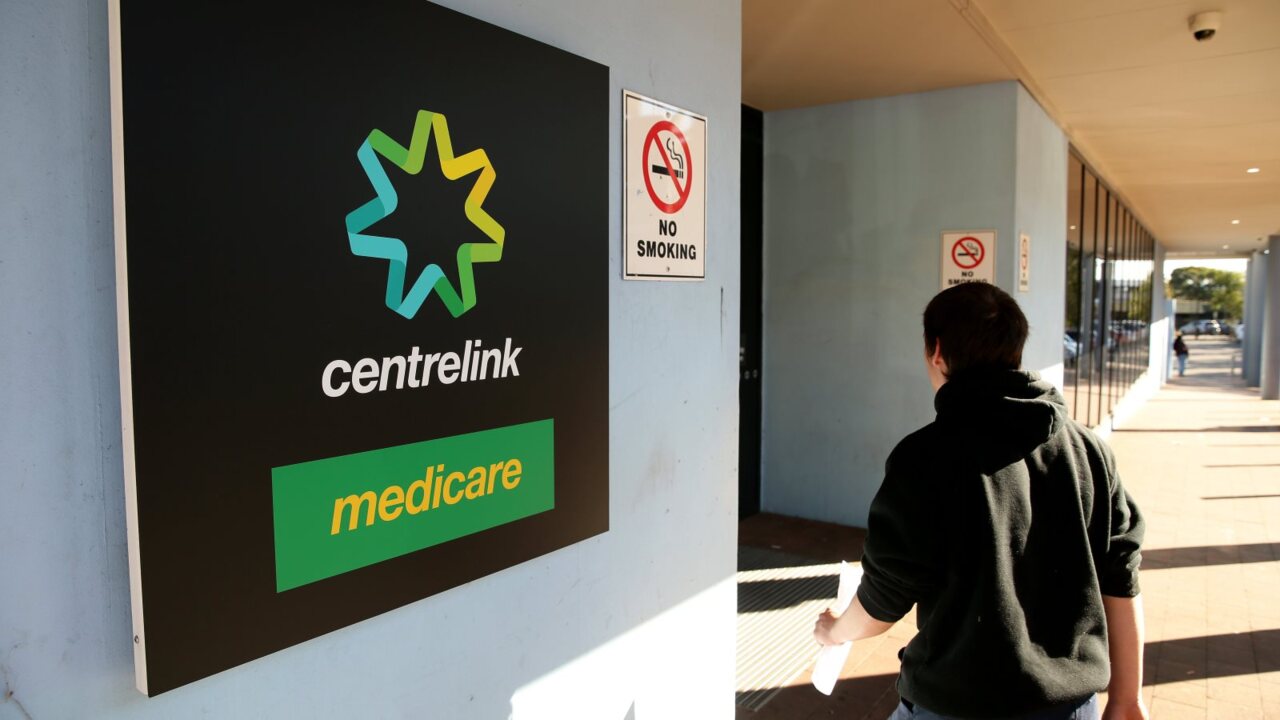Stuart Robert announces Robodebt scheme overhaul for welfare recipients
Government Services Minister Stuart Robert overhauls part of controversial robodebt scheme.

Government Services Minister Stuart Robert has overhauled a controversial part of the so-called robodebt scheme, ensuring welfare recipients will no longer have a debt raised against them when only their average income has been used to identify overpayments.
In a move opposition government services spokesman Bill Shorten described as “robodebt being taken to the wreckers yard”, Mr Robert revealed that from Tuesday the government will have to consider other evidence such as a person’s bank statement or pay slip before deciding if there is a debt that must be paid back.
READ MORE: Problem steering robodebt | Many welfare debts unfounded | Robo-torment might be state-sanctioned extortion: Shorten
A “small cohort” of Australians who have had a debt raised solely on the basis of their average income will have that debt halted and be contacted by the Department of Human Services over the coming weeks to resolve any outstanding overpayment.
“The government has an absolute legal obligation to raise debts where they exist,” Mr Robert said.
“The average Australian expects us to use their funds wisely. The average Australian expects government to ensure the right people get the right amount of welfare at the right time. It’s the most highly targeted welfare approach literally in the world.
“The key refinement is that income averaging plus proof points will be used to crystallise or finalise a debt.”

Mr Shorten said this was the “starkest admission yet that (Mr Robert’s) pet scheme that terrorises innocent Australians is not actually right”, claiming he had “hit the emergency brakes”.
“The Department of Human Services is instructing staff the department will no longer raise a debt where the only information is the averaging of ATO income data,” Mr Shorten said.
“They’re junking the reverse onus of proof where victims have to prove they don’t owe the debts. That means robodebt is being taken to the wreckers yard. Other changes signify the regime going forward will not be robodebt as we know it.”
Previously, if a welfare recipient had not provided the exact dates they worked and the wages they earned, the government was able to use income data from the Australian Taxation Office to calculate their average earnings for all or part of the financial year.
This could be problematic when a person worked different hours week-to-week or earned different amounts.

Mr Robert said there was no change to the onus of proof, whereby a welfare recipient has to prove they do not owe the government money.
“We will still reach out to Australians to say income averaging indicates they may possibly have a debt and we need other proof points as well and we will ask them to engage with the department to identify through bank statements or through pay slips or other means that indeed they don’t have a debt,” he said. “There’ll be no change in that regard.”



